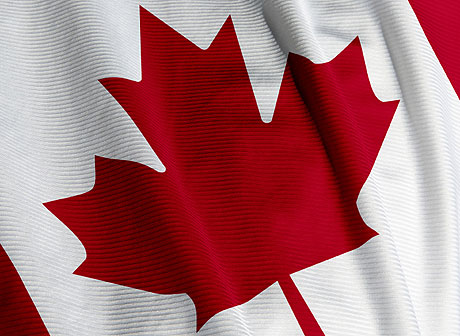 You don't have to be IN Canada to be subject to Canada's new anti-spam legislation (Bill C28), which is going into effect one month from now, on July 1, 2014.
You don't have to be IN Canada to be subject to Canada's new anti-spam legislation (Bill C28), which is going into effect one month from now, on July 1, 2014.
The bill includes a “private right of action that will allow Canadian consumers and businesses to take civil action against those who violate the legislation”.[12] The CRTC may levy fines of up to $1 million for an individual or $10 million for a business that contravenes the Act. Each violation will result in a fine.
Here is a FAQ on the Canadian government website that will answer any questions you have regarding how to deal with Canadian clients in the future.
- What is spam?
- What is the intent of the new law?
- What do you mean by “related online threats”?
- How big a problem is spam in Canada?
- What can individuals and businesses do to protect themselves against spam and related online threats?
- How long will it take before Canadians can expect to see a real difference in the amount of spam received?
- Will the new law eliminate spam in Canada? If not, by how much will it be reduced?
- Has anti-spam law been effective in other countries?
- I'm a legitimate business owner who uses bulk email to reach my customers. How will I be affected by these new anti-spam measures?
- What about text messages or “cellphone spam”? Is it covered?
- What if I buy email lists? How will I be affected by these measures?
- Are there exceptions, such as the Do Not Call list for political parties and charities?
Get all answers to those questions here.
Basically, the message is simple – do NOT spam if you care about your online business.
Use a reputable company such as Aweber and have visitors to your website sign-up to an email list with options to opt-out whenever they want.
Remember, anyone who doesn't want to be on your list is not someone you WANT on your list.